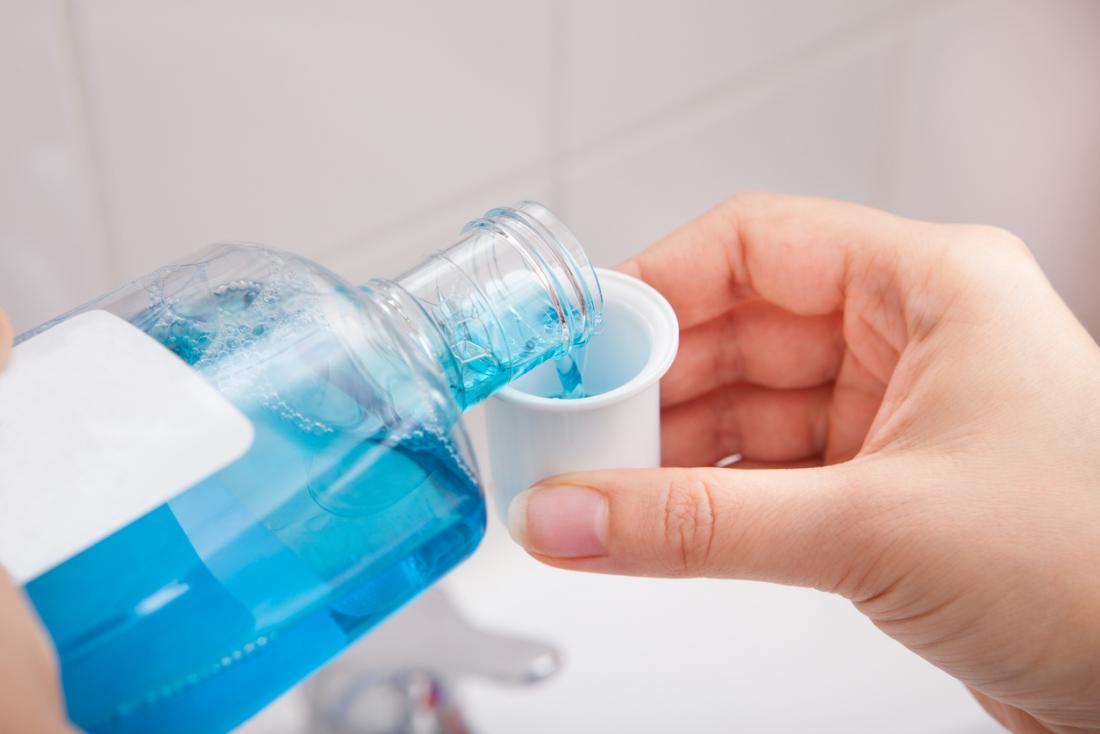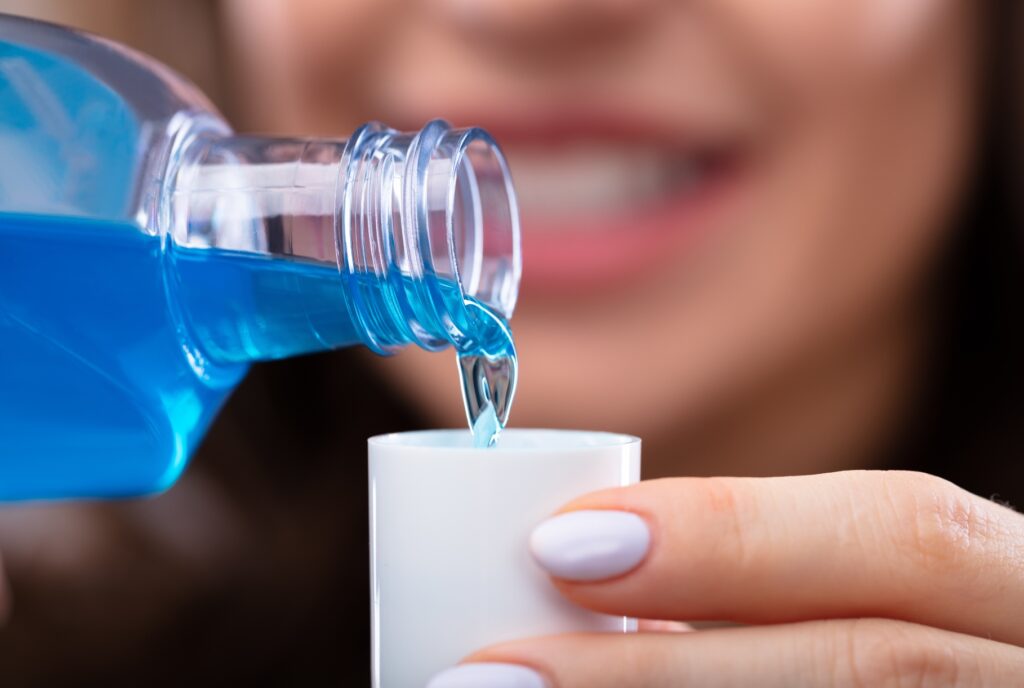
Mouthwash is a popular oral care product, often used to combat bad breath and promote better oral hygiene. Checkout some hidden risks of using mouthwash for bad breath.
While it may provide a temporary breath freshening fix, relying solely on mouthwash to combat bad breath can have hidden dangers.
In this article, we will explore the potential risks associated with excessive use of mouthwashes and highlight alternative strategies for maintaining fresh breath and optimal oral health.
Hidden Risks Of Using Mouthwash For Bad Breath
Understand The Role Of Mouthwash
1. Mask Or Treat
Mouthwash works by temporarily masking bad breath rather than addressing the underlying causes. This can lead to a false impression of oral hygiene and overlook potential oral health problems.
2. Alcohol Content

Many commercial mouthwashes contain high levels of alcohol, which can lead to dry mouth and contribute to the growth of harmful bacteria in the long term.
The Dangers Of Overuse
3. Disruption Of The Oral Microbiome
Overuse of mouthwashes can upset the delicate balance of the oral microbiome, potentially leading to an overgrowth of harmful bacteria and oral health problems.
4. Reduced Saliva Production
Alcohol-based mouthwashes can dry out the mouth and reduce saliva production. Saliva plays a crucial role in cleaning the mouth and neutralizing acid, thus contributing to better oral health.
Potential Side Effects
5. Burning Sensation And Irritation
Alcohol-based mouthwashes can cause burning sensation and irritation, especially in people with sensitive oral tissues.
6. Tooth Sensitivity
READ ALSO: Parliament Passes Anti-Witchcraft Bill? Here Is What We Know
Frequent use of acid-containing mouthwashes can contribute to tooth sensitivity and enamel erosion over time.
Ineffective Against Root Causes
7. Gum Disease And Tooth Decay

Mouthwash alone cannot solve underlying problems such as gum disease or tooth decay. It is essential to practice thorough oral hygiene, including regular brushing, flossing and dental checkups.
8. Causes Of Bad Breath
Bad breath can result from a variety of factors, such as poor oral hygiene, dental infections, dry mouth, or systemic conditions. Relying on mouthwash without identifying and treating the root cause can only provide temporary relief.
Safer Alternatives For Fresh Breath
9. Brushing And Flossing
Maintain a consistent oral hygiene routine, including brushing your teeth twice a day with fluoride toothpaste and flossing to remove food particles and the plate.
10. Clean The Tongue

Use a tongue scraper or brush to clean the surface of the tongue where odor-causing bacteria can accumulate.
11. Stay Hydrated
Drinking plenty of water helps keep your mouth moist and helps flush out bacteria and debris.
12. Mouth-Friendly Diet
Choose a balanced diet rich in fruits and vegetables, which can help neutralize acids and promote better breath.
Although mouthwash can offer temporary relief from bad breath, it is essential to be aware of the potential dangers associated with its excessive use.




